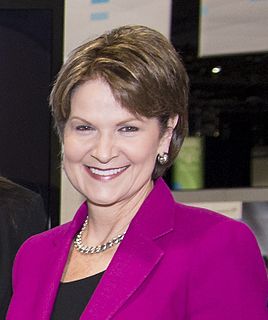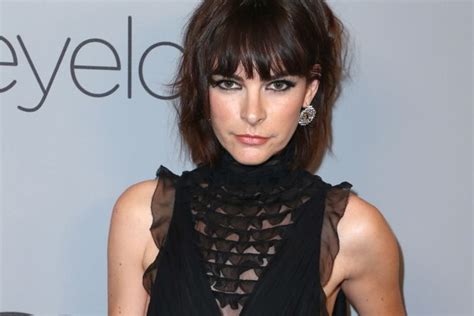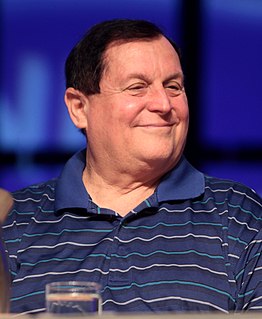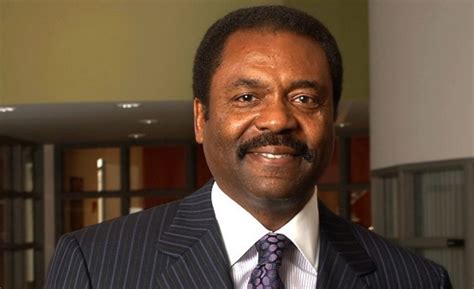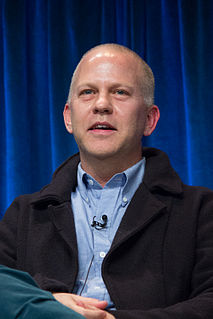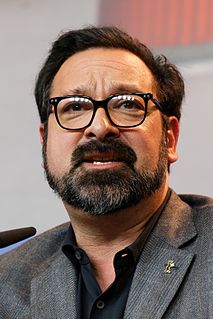A Quote by Marillyn Hewson
If you were just to look at Lockheed Martin, you'd see a lot of women in senior roles in our company and, not only that, our customers, so I don't consider it an old boys' club.
Related Quotes
Women have only had the vote for less than 100 years. Before that, we were wives and essentially kind of property. We grew up, and our parents wanted us to get married, so somebody else could look after us. And in the last few decades, it's changed. We can now have families without men. But, unfortunately, the dialogue, the old boys club, the locker room talk, has mysteriously not changed at all.
I often felt myself the lone voice in discussions suggesting that basic democratic principles be followed. I recommended that not only should workers' voices be heard, but they should actually have a seat at the table. You have the old boys' club discussing how the old boys' club should be reformed.
I don't see people. I don't see men and women at all. When I see them, I see... their mothers and fathers. I see how old they are inside. Like when I look at the president, or anybody in a record company, or a store owner, I may see a little boy behind the counter with the face of an old man. And that's who I talk to.
My role at Lockheed Martin puts me in contact with extraordinary leaders in many fields - from science and engineering to philanthropy and government. And since we also work closely with our nation's armed forces, we tend to reflect a lot on leadership and how we can inspire successful teamwork, cooperation, and partnerships.
If you just look at the number of roles for women versus the number of roles for men in any given film, there are always far more roles for men. That's always been true. When I went to college, I went to Julliard. At that time - and I don't know if this is still true - they always selected fewer women than men for the program, because there were so few roles for women in plays. That was sort of acknowledgment for me of the fact that writers write more roles for men than they do for women.
I grew up in the suburbs of Cleveland in 1988 and there was just one year where suddenly all of the delivery kids that used to be boys were suddenly girls. It happened at our church too. Altar boys were suddenly altar girls. There was just this sense that all these young women knew there were openings here to be the first of their kind.
There still aren't enough[ roles for women of color]. And I'd say that's the case, not only for African-American women, but for all women in the Hollywood game. It's just slim pickings, and a very challenging time for us. I think that's why more of us need to work our way behind the camera in order to create roles that really illuminate who women are. We still have room for growth in that area, without a doubt.
